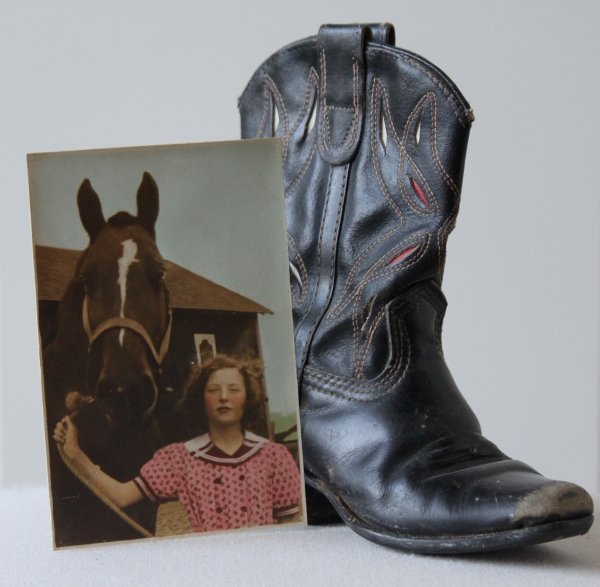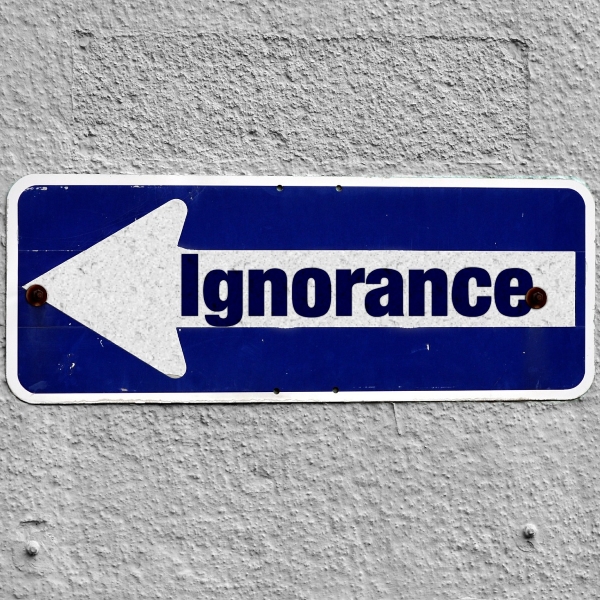
Memories: Forget About Them But Keep This In Mind
(4 minute read)
Consult your memory to know what matters most in your life. –Amit Kalantri
Memories can be clutter, both physical and mental. Like most everything in life, memories can be good or bad. Hence, we find ourselves asking the familiar question, how do we keep the positive benefits and do away with the bad?
The first step is to make clear in our minds what memory is and isn’t.
Memory is a mechanism by which we experience joys of the past in the present.
At the same time memory is a defense against future trauma.
It is imperative we realize things are not memories.
True, sometimes things can jog our memories, but they are not the memory itself.
An inordinate joining of physical things to memories creates notable clutter. When kids grow up and move out or loved ones die, this joining can lead to a massive collection of stuff.
We don’t need stuff to have our memories jogged or to remind us of someone or some experience. Our brains are way more amazing at remembering than we give them credit for.
Here are just a few ways to stimulate memories apart from stuff:
Smells – Honeysuckle, apple pie, vanilla, and horses are some of my favorites. They remind me of home, my mother, or time spent with our horses.
Music – Everyone has songs that immediately conjure up visions of people or past experiences. Sometimes a song from the past will bring a smile, a tear, or even a big belly laugh.
Activities – Participating in an activity or perhaps as we get older watching, or serving in some other capacity, we can enjoy positive memories. For example, we can still play basketball ourselves or we can be a coach or watch our favorite team on TV. Hiking, mowing, gardening, digging, falconry, and cooking all bring back floods of good memories for me.
Places – Sometimes visiting a particular location can bring enjoyment from good memories. Maybe it is an old church building, a creek, the family farm, or even a tree that brings images of good times to the forefront of your mind.
Even though we admit memories and stuff aren’t the same, sometimes we still have trouble parting with things of the past that remind us of good times.
Here are a few practical suggestions on what to do if you can’t bring yourself to chuck it:
Make memory boxes – Take an office document sized box and label it “Memories.” My husband and I have two of these boxes each. The trick is to limit each person in your household to one or at most two boxes, and no, they cannot be refrigerator boxes. The limited space forces the prioritization of items down to those thought to have the greatest sentimental value. However, let me be candid, we created these boxes about 7 years ago when we moved to our farm. Neither of us has opened ours since. This begs the question of whether we shouldn’t have just gotten rid of it all.
Take pictures – Many of us have fancy digital cameras or at the least a camera on our phone. If our solitary reason for keeping an item is it reminds us of someone or some moment in time why not snap a picture of it and get rid of the item itself? The picture will serve the same purpose. Create a “Memories” folder on your computer to store the images. They could be displayed on a rotating screen or electronic picture frame for your pleasure. The best part is you will no longer have to dust it, trip over it, or move it.
Put it to use – If an item can serve a purpose or perhaps be re-purposed then it gains greater value than just a memory jogger. Creating a clock from an old table top, using Grandma’s quilt for a bedspread, or re-purposing the old copper wash tub as a cold drink holder for an outdoor get together are all great ways to put sentimental items to use.
What about bad memories? What should we do with them?
Mentally, we create memory clutter when we dwell in the past, or dwell on negative events of the past.
The first question to ask is whether this bad memory can serve any positive purpose. Believe it or not sometimes bad memories can produce positive results. We can learn from our experiences, even some of the bad ones, and many times the memory of such can serve to keep us on a more positive track. Sometimes a recovering alcoholic will keep an empty whiskey or beer bottle on top of the refrigerator as an ever present reminder not to return to a life of alcoholism. If an individual has lost a significant amount of weight they may find it helps them maintain a healthy weight to have an old pair of pants hanging in the front of the closet or a picture of their former self on the refrigerator.
If an item brings no positive benefit, jettison it into the trash, or sell it at your earliest convenience, no questions asked. These items are doing nothing but dragging you down and cluttering living space.
What about harmful bad memories of the traumatic type?
The person who does not harbor at least one traumatic memory through life is of the most fortunate of humanity. Traumatic memories produce a type of scar in our brains. No matter how hard we try to suppress them they still spring up. While biology intends traumatic memories to serve as a defense against repeating such, these memories can become a true hindrance to life. In cases of trauma, professional guidance may help to learn coping techniques. A professional can often help by teaching strategies to put to use when those same avenues that can conjure up good memories such as places, smells, and sounds instead trigger anxiety, panic and negative behavior.
While traumatic memories may require professional help to manage, most of us can learn to manage our everyday memories better with a little effort, and some good strategies.
Remember, things are not memories.
Accept the past. If there is something to learn, learn it. Live in the present. Position yourself for the future.
Like what you just read?
Subscribe to Simple Living. Rich Life.
or read more right now from the Archive .
